The blending of Artificial Intelligence (AI) with pickup trucks is transforming the automotive industry, introducing sophisticated driver assistance systems that enhance safety, performance, and comfort. This exciting development is reshaping how we perceive driving, turning the once mundane task into an intelligent, interactive experience.
Understanding AI in Pickup Trucks
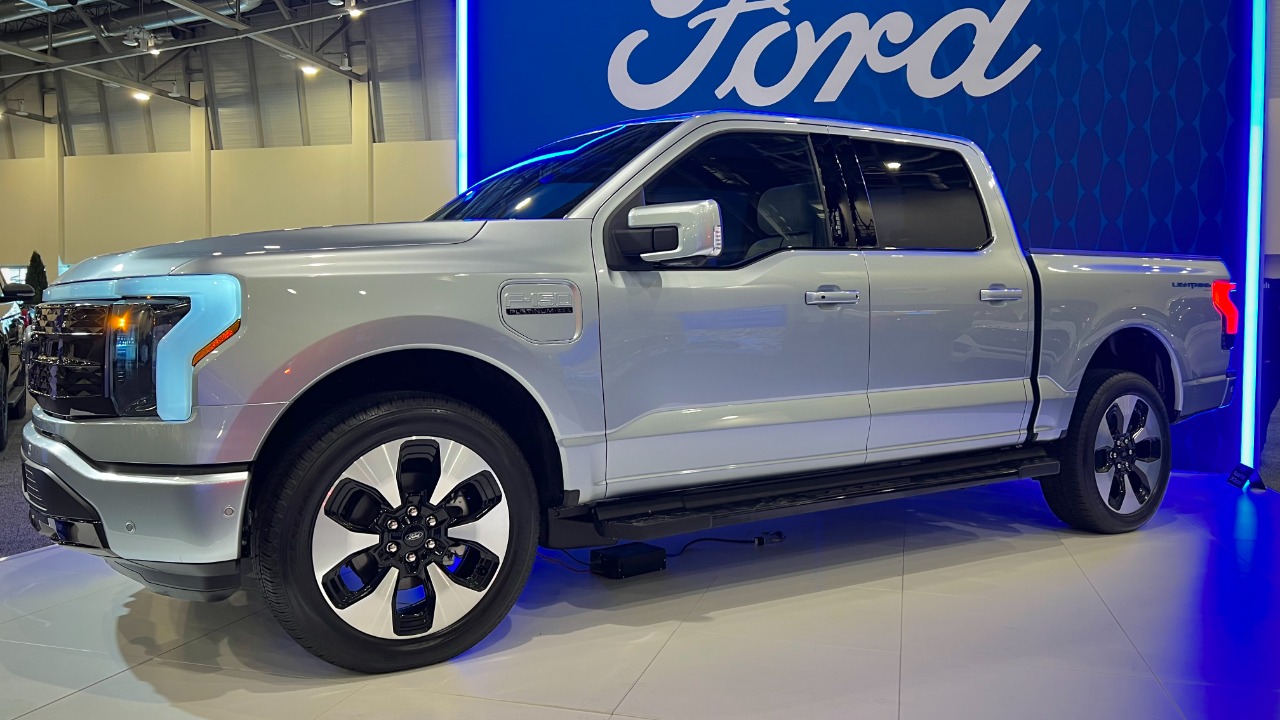
Artificial Intelligence, in the context of automotive technology, refers to the integration of intelligent systems into vehicles to improve their functionality and efficiency. This involves the use of machine learning algorithms and vast data sets to enable vehicles to make decisions, predict outcomes, and perform tasks that would otherwise require human intelligence. The AI in pickup trucks can range from voice-activated infotainment systems to advanced safety features such as automatic braking and lane-keeping assist.
Over the past decade, we’ve seen an impressive evolution of AI in pickup trucks. Initially, AI was introduced in luxury vehicles and high-performance sports cars. Today, pickup trucks like the 2021 Ram 1500 and the Ford F-150 are integrating AI technology to enhance safety, performance, and driver comfort. This evolution is a testament to the growing significance of AI in the automotive industry. To delve deeper into this topic, this research paper provides an excellent overview of the current state of AI in pickup trucks.
The Role of AI in Enhancing Driver Assistance
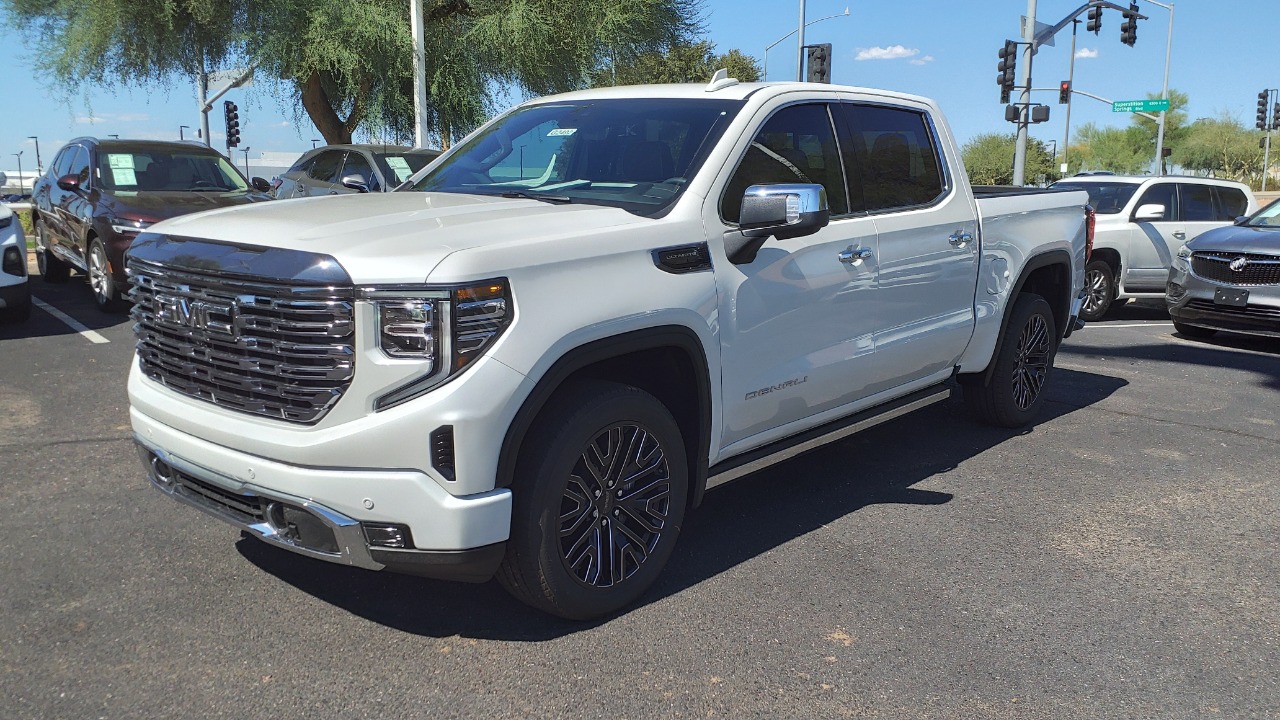
AI’s role in enhancing driver assistance is multifaceted. One of the key contributions is in the area of safety. For instance, AI-powered systems can detect obstacles on the road, alert the driver, and even apply the brakes automatically to prevent collisions. Pickup trucks like the 2021 GMC Sierra 1500 use AI to power safety features like forward collision alert and automatic emergency braking.
Beyond safety, AI also plays a crucial role in improving fuel efficiency and performance. By analyzing driving patterns and road conditions, AI systems can optimize engine performance and fuel consumption, leading to cost savings for the driver. Moreover, AI contributes to enhancing driver comfort and convenience. For instance, features such as voice-controlled infotainment systems and automated climate control add a layer of luxury to the driving experience.
Technological Innovations in AI-Powered Pickup Trucks
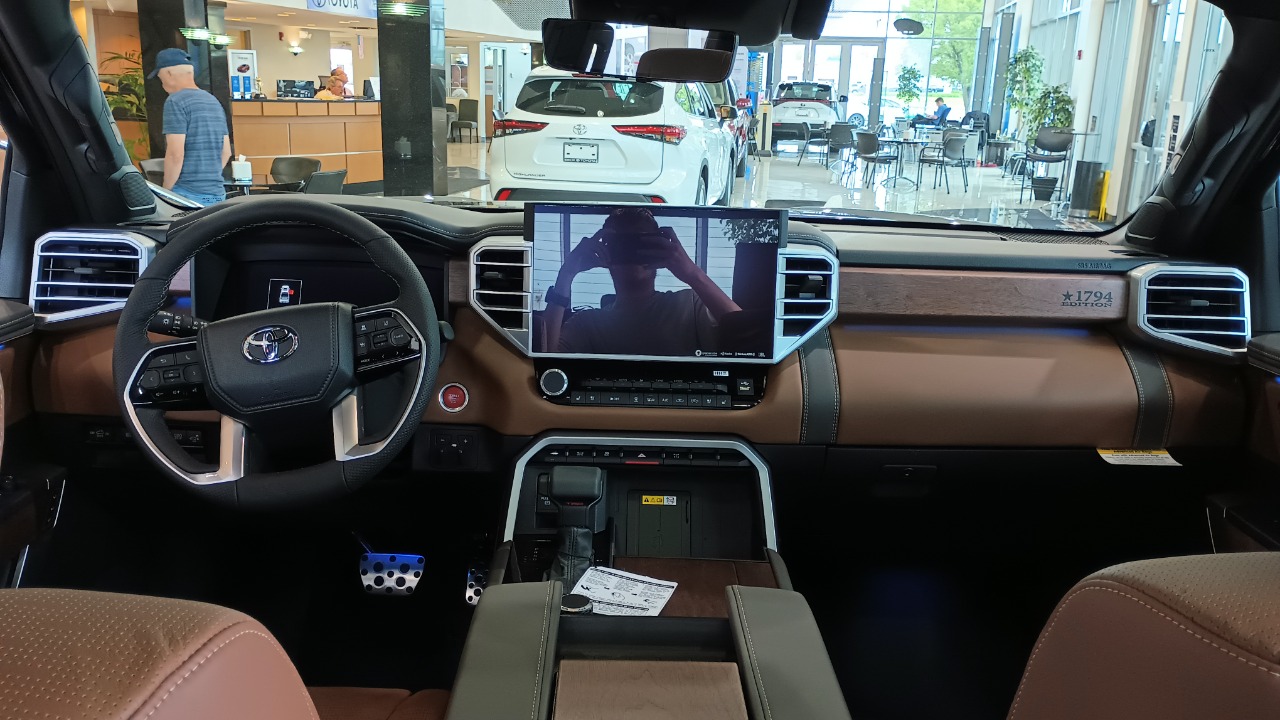
AI-powered assistance systems have brought about several technological innovations, such as adaptive cruise control and lane-keeping assist. These systems use sensors and cameras to monitor the vehicle’s surroundings and adjust the speed and direction as needed, thereby reducing driver fatigue. For example, the 2021 Chevrolet Silverado 1500 offers an advanced trailering system that uses AI to assist drivers in aligning their truck with a trailer.
Another significant innovation is the use of AI for predictive maintenance and vehicle diagnostics. AI algorithms can analyze data from various vehicle sensors to predict possible mechanical issues and alert the driver or fleet manager. This proactive approach can help avoid costly repairs and downtime. Furthermore, AI applications in fleet management and visibility are revolutionizing the logistics sector, offering real-time tracking, route optimization, and predictive maintenance.
Concerns and Challenges of AI Deployment in Pickup Trucks
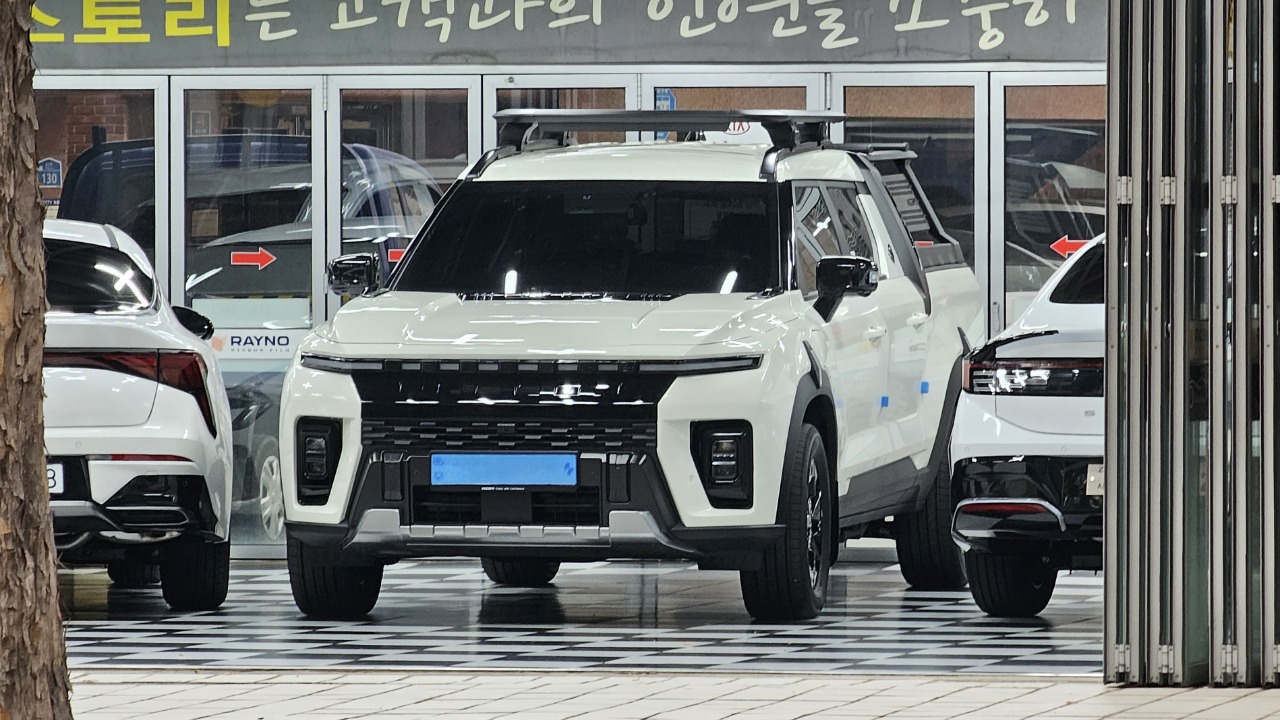
Despite the benefits, AI integration in pickup trucks has raised some concerns among drivers. Some feel that the increasing reliance on AI technology could make drivers complacent, leading to dangerous situations on the road. This article provides a detailed insight into drivers’ concerns with AI integration in trucks.
There are also technological challenges in integrating AI in pickup trucks. These include the need for robust and reliable sensor systems, the vast amounts of data required for machine learning, and the complex task of ensuring that AI systems can handle all possible driving scenarios safely. Furthermore, there are regulatory and ethical considerations related to AI-powered driver assistance systems. As AI technology continues to evolve, policymakers will need to establish guidelines to ensure the safe and responsible use of AI in vehicles.
The Future of AI in Pickup Trucks
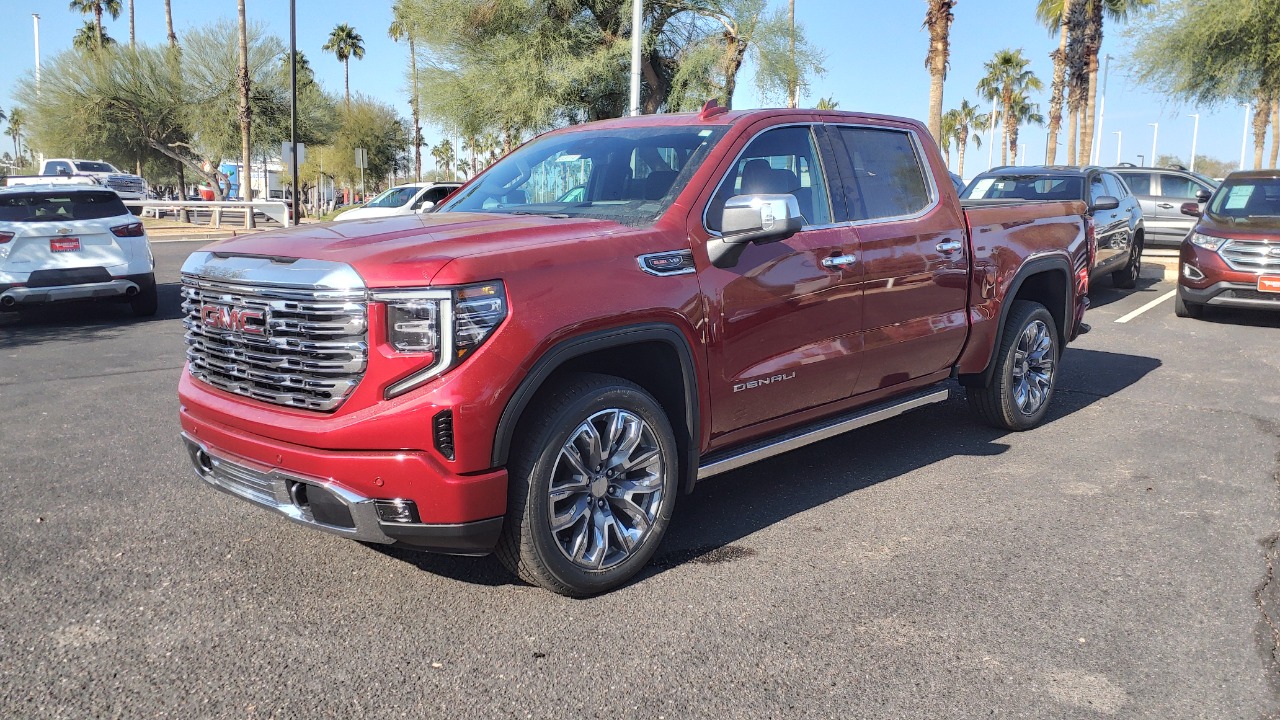
Looking ahead, AI is set to play an even more significant role in the future of pickup trucks. Based on current trends, we can expect to see more advanced AI-powered features in pickup trucks, from autonomous driving capabilities to sophisticated fleet management systems. This report predicts that by 2025, AI fleet safety technology will be a standard feature in most commercial vehicles.
Furthermore, the integration of AI in pickup trucks could have a profound impact on the trucking industry and job market. As AI technology advances, there will be a growing demand for professionals skilled in AI and machine learning. On the other hand, there are concerns that the movement towards autonomous trucks could lead to job losses for truck drivers. However, it’s worth noting that the transition to autonomous trucks will likely be gradual, and there will be a need for human oversight for the foreseeable future.
In conclusion, AI is revolutionizing the pickup truck industry, offering smarter, safer, and more efficient vehicles. Despite the challenges, the potential benefits of AI in pickup trucks far outweigh the drawbacks. As we look to the future, AI will continue to redefine the driving experience, bringing us closer to the era of autonomous vehicles.